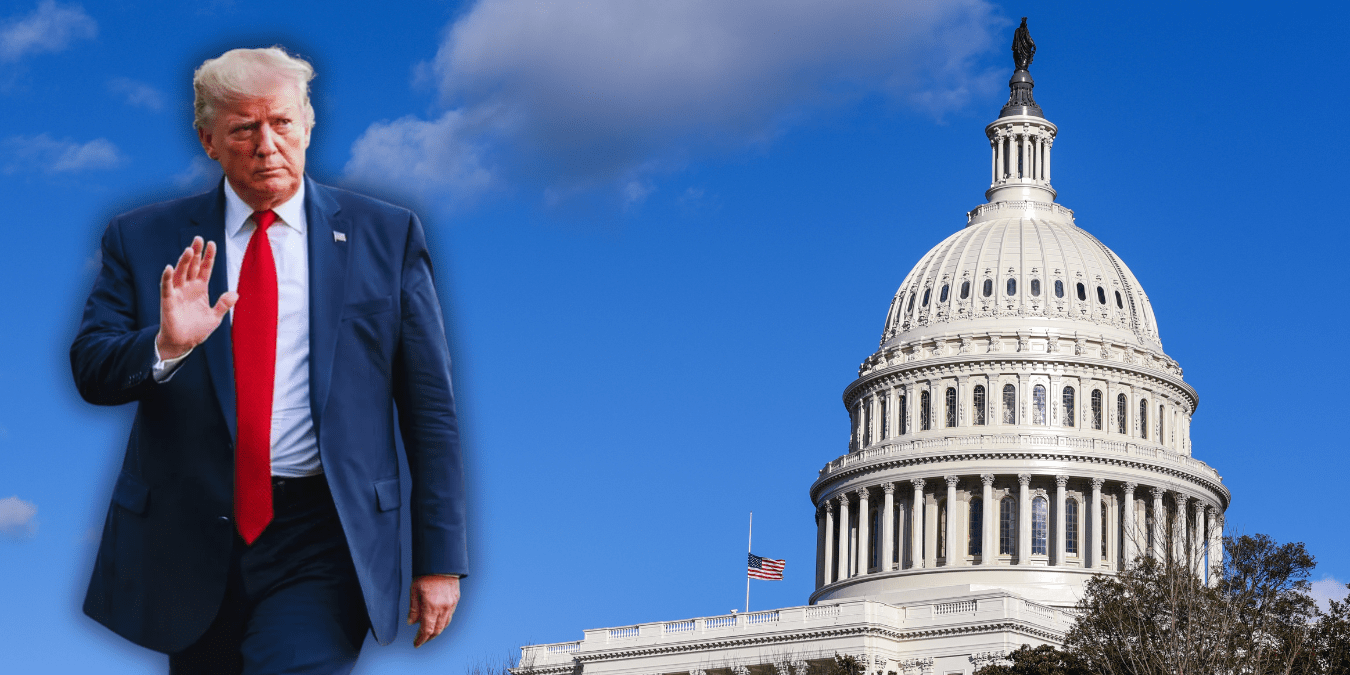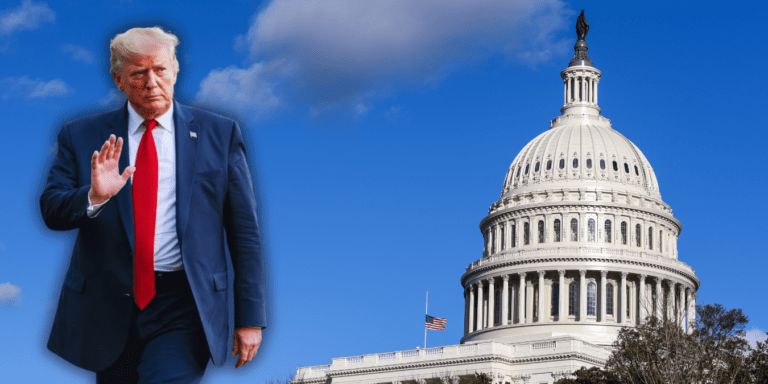
“The Punjab & Haryana High Court’s ruling on employee resignation withdrawal. Learn why resignations can’t be accepted retrospectively if withdrawn before acceptance. Essential insights for employers, HR professionals, and employees on legal compliance, HR policies, and employee rights. Stay informed with the latest in employment law!”
The judgment that has significant implications for both employers and employees, the Punjab & Haryana High Court has ruled that an employee’s resignation cannot be accepted retrospectively if it is withdrawn before acceptance. This decision underscores the importance of timely communication and procedural fairness in employment relationships. In this blog post, we will delve into the details of the case, the legal principles involved, and the broader implications for HR professionals and employees alike.
Understanding the Case: Key Facts
The case in question involved an employee who submitted their resignation but later decided to withdraw it before the employer had formally accepted it. The employer, however, attempted to accept the resignation retrospectively, leading to a legal dispute. The employee challenged this action, arguing that once a resignation is withdrawn before acceptance, it cannot be accepted retroactively.
The Punjab & Haryana High Court sided with the employee, emphasizing that a resignation must be accepted in a timely manner and cannot be accepted after it has been withdrawn. This ruling reinforces the principle that resignations are not unilateral decisions but require mutual consent.
Legal Context and Precedents
The judgment by the Punjab & Haryana High Court is not an isolated one. Similar rulings have been made by other courts in India, reinforcing the principle that an employee’s resignation can be withdrawn before acceptance. For instance, the Supreme Court of India has previously held that a prospective resignation can be withdrawn at any time before it becomes effective, provided there are no contractual or legal bars to such withdrawal.
These legal precedents highlight the importance of understanding the terms and conditions of employment contracts and organizational policies. Employers must ensure that their policies are clear and in compliance with legal standards to avoid disputes and litigation.
Legal Principles Involved
1. Resignation as a Bilateral Act
The court reiterated that resignation is not a unilateral act but a bilateral one. It requires both the employee’s offer to resign and the employer’s acceptance of that offer. Until the resignation is accepted, the employee has the right to withdraw it.
2. Timely Acceptance
The court emphasized that acceptance of a resignation must be timely. Employers cannot delay acceptance indefinitely and then attempt to accept it retroactively, especially if the employee has already withdrawn the resignation.
3. Procedural Fairness
The judgment highlights the importance of procedural fairness in employment relationships. Employers must follow due process and act in good faith when dealing with resignations and other employment matters.
Implications for Employers and Employees
The ruling has several implications for both employers and employees:
- Employee Rights: Employees have the right to reconsider their decision to resign and withdraw their resignation before it is accepted. This protects employees from making hasty decisions that could negatively impact their careers.
- Employer Responsibilities: Employers must act promptly when handling resignations. Delays in accepting or rejecting a resignation can lead to legal complications and disputes. Clear policies and procedures should be in place to manage resignations effectively.
- Contractual Clarity: Employment contracts should clearly outline the process for submitting and withdrawing resignations. This includes specifying the timeframe within which a resignation can be withdrawn and the conditions under which it becomes effective.
- Legal Compliance: Organizations must ensure that their policies comply with legal standards and court rulings. Regular reviews of employment contracts and HR policies can help prevent legal issues and ensure compliance with the latest legal developments.
Implications for Employees
1. Right to Withdraw Resignation
Employees should be aware that they have the right to withdraw their resignation before it is accepted by the employer. This right is crucial for those who may have second thoughts about leaving their job.
2. Understanding Employment Contracts
Employees should thoroughly understand their employment contracts and company policies regarding resignations. Knowing their rights and obligations can help them make informed decisions.
3. Seeking Legal Advice
In cases of disputes, employees should seek legal advice to understand their rights and options. Legal professionals can provide guidance on how to navigate complex employment issues.
Broader Implications for HR Professionals
1. Importance of Documentation
HR professionals must ensure that all employment-related decisions, including resignations, are well-documented. Proper documentation can serve as evidence in case of disputes.
2. Training and Awareness
HR teams should be trained on the latest legal developments and best practices in handling resignations. Awareness of court rulings like this one can help prevent legal issues.
3. Employee Relations
Maintaining positive employee relations is crucial. HR professionals should strive to create an environment where employees feel valued and respected, reducing the likelihood of disputes.
Final Thought
The Punjab & Haryana High Court’s ruling that an employee’s resignation cannot be accepted retrospectively if it is withdrawn before acceptance is a significant development in employment law. It reinforces the importance of timely communication, procedural fairness, and mutual consent in employment relationships. Both employers and employees must be aware of their rights and obligations to avoid disputes and ensure a harmonious workplace.
For HR professionals, this ruling serves as a reminder of the importance of clear policies, proper documentation, and ongoing training. By staying informed about legal developments and best practices, organizations can navigate complex employment issues with confidence and integrity.
This judgment is a win for employee rights and a call to action for employers to uphold fairness and transparency in their dealings with employees. As the legal landscape continues to evolve, staying informed and proactive is key to maintaining a positive and productive work environment.
-

Why A Karnataka HC Judgment Could Make Government Officials Think Twice Before Relieving Officers Without A Next Posting
-

PM Kisan 22nd Installment Date 2026: Expected Release, Beneficiary Status & Complete Guide
-

Livspace Fires 1,000 Employees and Cofounder Quits: Inside India’s Most Shocking Startup Shakeup of 2026
-

US Supreme Court Strikes Down Trump’s Global Tariffs as ‘Unlawful’ — The 18% Tariff on India Is Now Illegal
























